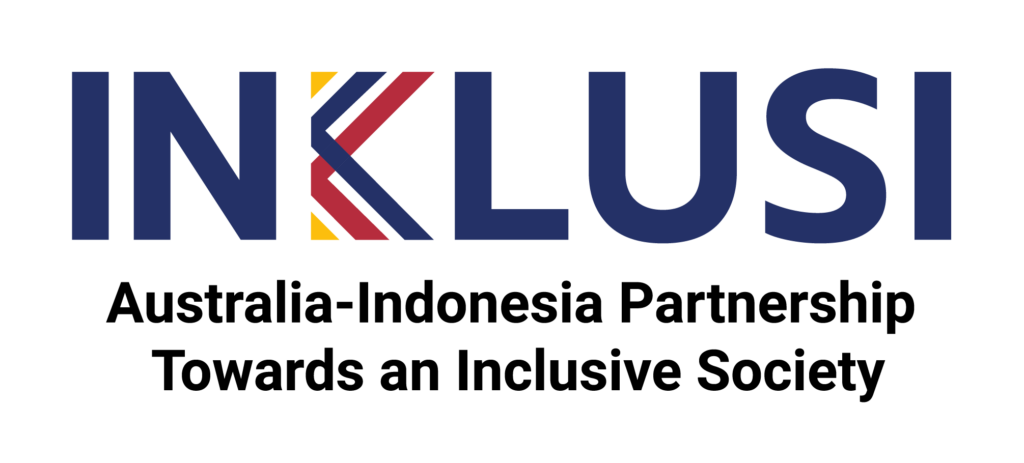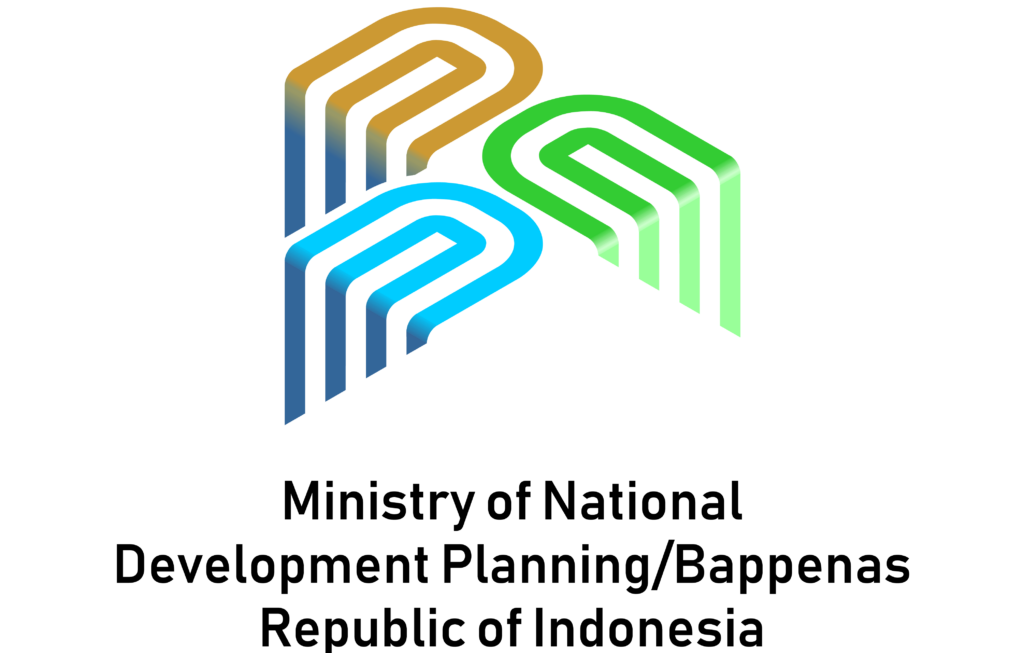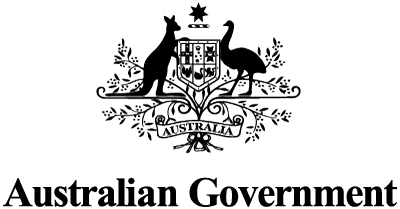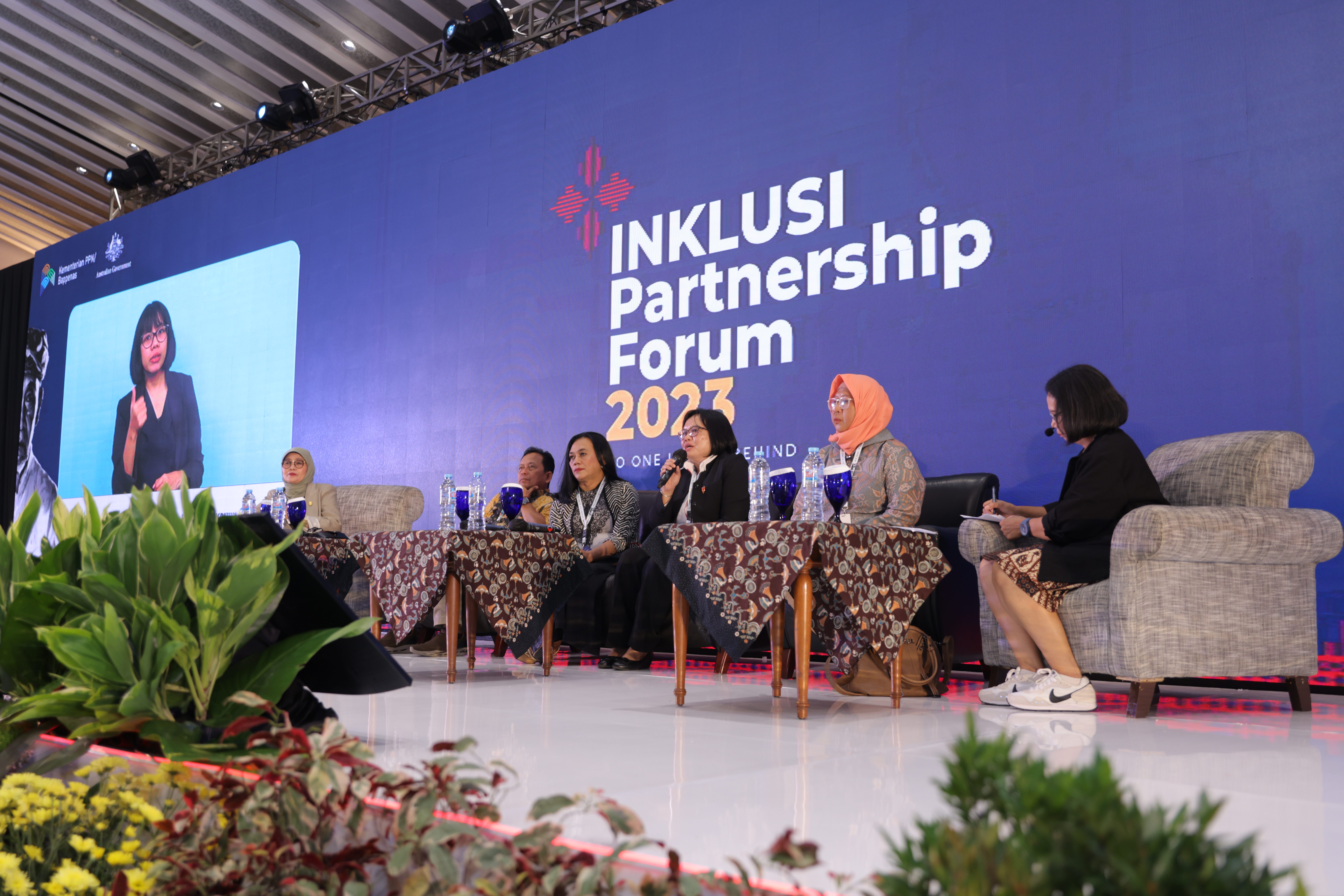The Australia-Indonesia Partnership Towards an Inclusive Society (INKLUSI) held its annual Partnership Forum in Jakarta on 20-21 June 2023 to share knowledge, achievements, lessons, and innovations in advancing gender equality, disability rights, and social inclusion across Indonesia.
The Forum brought together more than 500 representatives from INKLUSI’s civil society partners and its networks, the Indonesian government at national and regional levels, the private sector, and other development partners to share innovations and achievements in addressing complex development challenges.
“The Indonesian Government and the Australian Government Partnership through the INKLUSI Program provide an opportunity to enhance collaboration between civil society organisations, the government, and other stakeholders, ensuring inclusivity in development,” said Amich Alhumami, Deputy for Human Development, Society, and Culture at Bappenas RI during the opening speech.
Madeleine Moss, Minister Counsellor for Governance and Human Development at the Australian Embassy in Jakarta, echoed this sentiment.
“We all benefit from inclusive societies – where everyone can participate equally. Advancing gender equality, disability rights, and social inclusion are shared priorities for Australia and Indonesia. Both countries have made progress, and there are many things we can continue to learn from each other,” said Madeleine Moss.
Madeleine Moss noted the impressive scale and impact of the activities across 32 of Indonesia’s provinces. These efforts not only directly benefit the individuals and communities but can also contribute to long-term systemic benefits for Indonesia.
Best practices were shared on partnerships developed by INKLUSI civil society partners together with local governments and other networks and coalitions focusing on the four priority areas of INKLUSI. These include the implementation of inclusive village policies, efforts to protect women and vulnerable groups from violence, support for inclusive employment, the implementation of policies related to participation in the development planning process, and access to services for people with disabilities and other marginalised groups.
Ninik Heca, a representative from INKLUSI disability rights partner organisation SIGAB (Sasana Inklusi & Gerakan Advokasi Difabel), expressed her hope for greater inclusion of people with disabilities in Indonesia.
“Hopefully, in the future, all areas of society can accept members of their community whatever their background, conditions, or situation, and they can collaborate and have the opportunity to participate equally and fully within their communities.”
INKLUSI works across 32 provinces with CSO partners − ‘Aisyiyah, BaKTI, KAPAL Perempuan, Kemitraan, Migrant Care, PEKKA, PKBI, and SIGAB, as well as 8 research partners consisting of research institutions and universities, including AIDRAN, AKATIGA, BKMP Universitas Airlangga, Cakra Wikara Indonesia, FISIPOL UGM, PKMK UGM, PPIM UIN, and PUSKAPA UI.
The INKLUSI Partnership program will continue to enhance collaboration and multi-stakeholder cooperation to support the goals of inclusive development, ensuring that ‘No-One is Left Behind,’ and that more marginalised communities participate in and benefit from decisions on Indonesia’s socio-cultural, economic, and political development.
